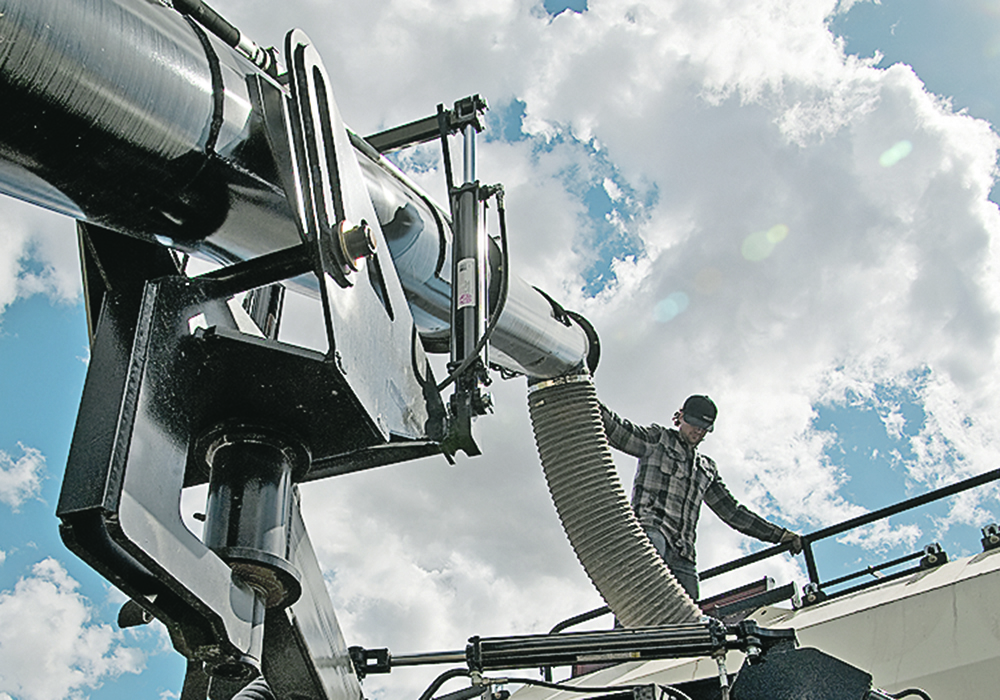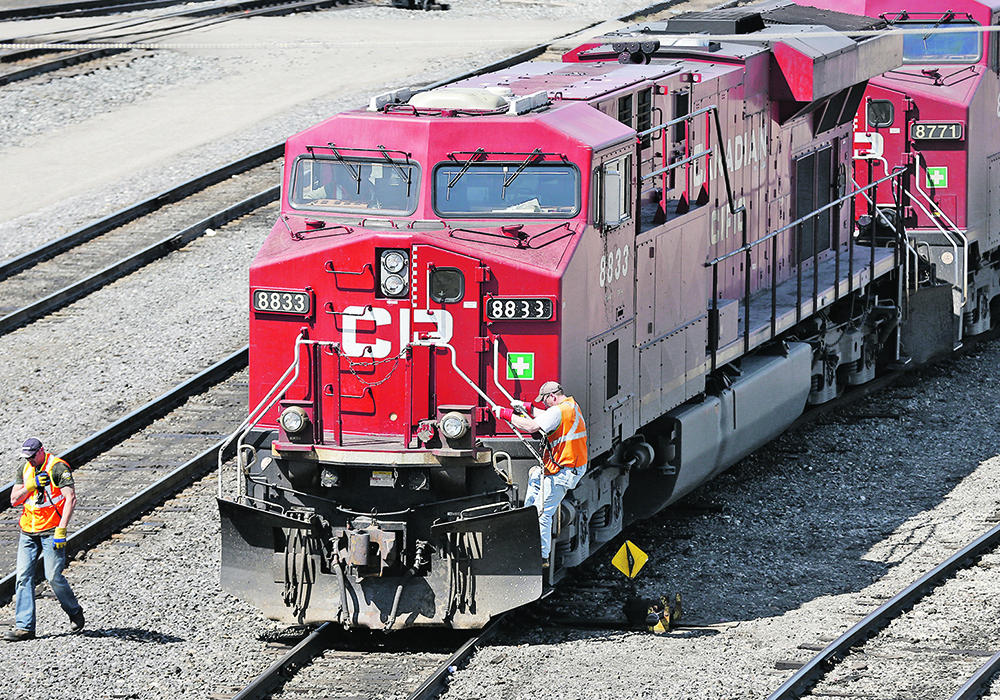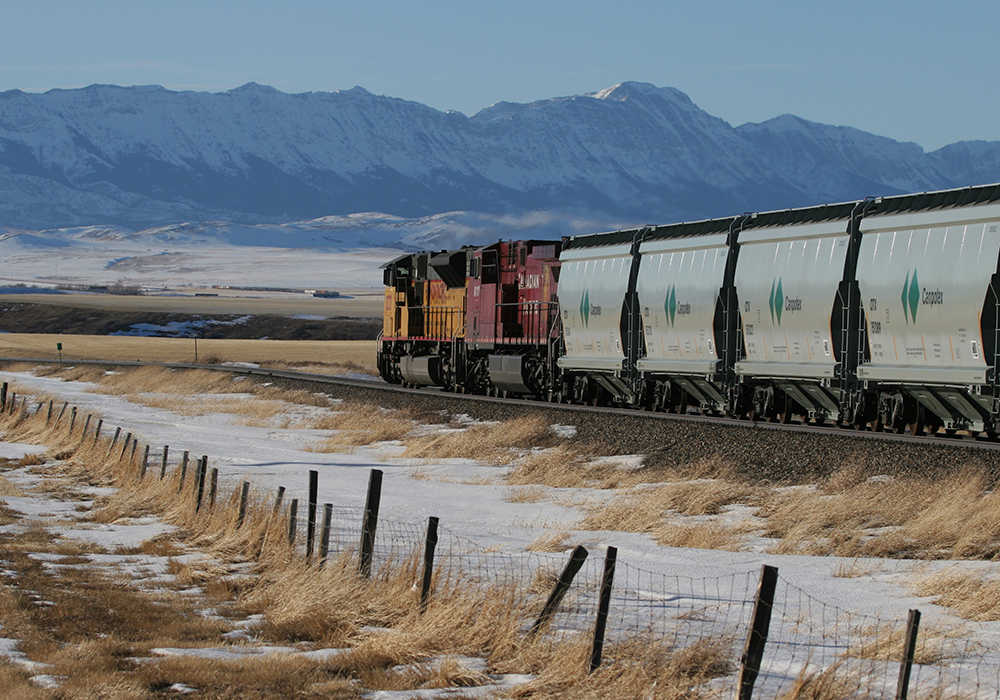A growing number of industry groups in Canada’s agriculture sector are encouraging Ottawa to consider back-to-work legislation as a means of quickly ending a work stoppage at Canadian Pacific Railway.
“Many farmers across the Prairies are expecting the shipment of seed, fertilizer and other inputs in the coming weeks in order to start seeding” said Daryl Fransoo, a Saskatchewan farmer and chair of the Western Canadian Wheat Growers.
“The livestock industry requires the regular shipping of corn and other feed to ensure cattle and pork are fed. Any delays will put Canadian food security at risk,” he added.
Read Also

Selenium not deal breaker in coal mining: expert
Environmental scientist weighs in on coal mining debates in Western Canada, explaining selenium and the technologies and practices to lower its concentrations in nearby waterways to coal mining operations
“The Wheat Growers call on all parties in the House of Commons to immediately initiate back-to-work legislation and avoid the unnecessary breakdown on the movement of goods by rail.”
The Canadian Oilseed Processors Association also urged government action, warning that a disruption of rail service at CP will have an immediate impact on the country’s oilseed processors.
COPA represents 14 oilseed crushing facilities in Canada, including 11 on the Prairies.
Four of those facilities — three owned by Bunge and one by Richardson — are serviced only by CP and depend on the railway to move processed oil and canola meal to domestic and international markets.
In a March 21 interview with The Western Producer, COPA executive director Chris Vervaet said some crush facilities are already making plans to scale down production in response to the rail service disruption.
“The impact of any work stoppage is immediate,” said Vervaet.
“There is already in the works a plan to curb production at many (COPA) facilities. We do have several facilities that are 100 percent captive to CP (service).”
Vervaet said COPA facilities without rail service would probably be able to continue operating at a reduced capacity for several days.
However, a prolonged work stoppage of one to two weeks or longer would almost certainly force some plants to shut down production completely, a scenario that should be “avoided at all costs.”
“Turning on and off a crush facility is not like turning on and off a light switch,” Vervaet said.
“There are significant costs associated with having to shut down completely and then start up again. That’s something that members do not take lightly.”
Vervaet said failure of commercial crushers to meet contracted supply commitments would have costly financial consequences.
The industry’s reputation as a reliable supplier of processed oil and meal would also be affected, he added.
“This thing could really become a mess the longer it carries on,” Vervaet said.
“In the short-term we would like to see both sides come to some sort of agreement.”
“If the government can step in to introduce back-to-work legislation, that’s something we would be supportive of as well.”
Vervaet said stakeholders in the oilseed crushing industry are becoming increasingly disillusioned by the frequency of work stoppages affecting the Canadian railway industry.
“Work stoppage events (are becoming) chronic in Canada,” he said.
“It seems like we have something like this happen every single year.”
Concerns over rail service disruptions have prompted some stakeholders to contemplate lobbying government to make railways an essential service in Canada.
Contact brian.cross@producer.com















